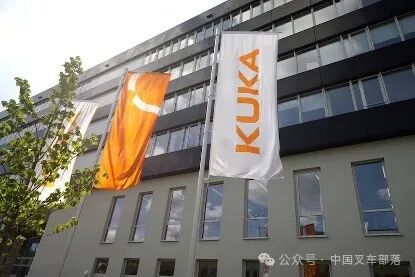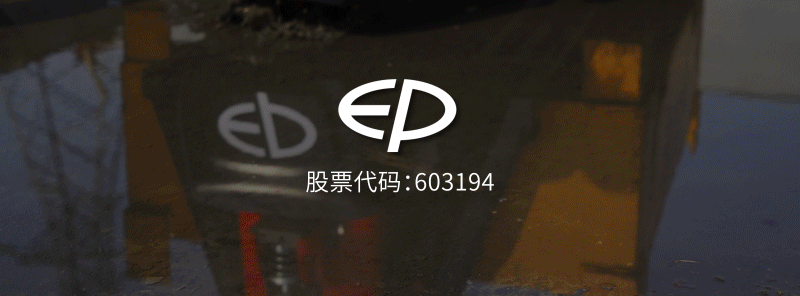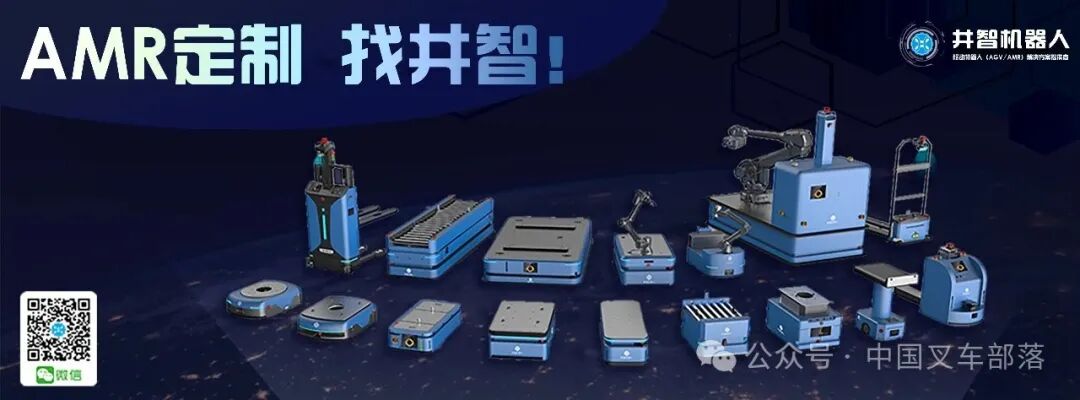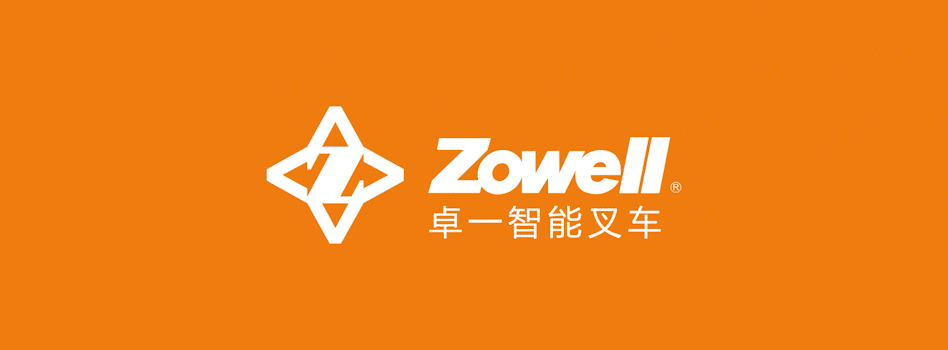

KUKA reports a loss of €43.5 million, leading to leadership changes and strategic shifts
May 3, 2025 Author: Mark Alinsen
The Chinese Forklift Tribe: KUKA is a respected innovative company, possessing higher product added value and market bargaining power compared to traditional machinery manufacturers, yet it has been suffering losses for years. Recently, I noticed that a well-established Chinese robotics company is also facing continuous massive losses, while several emerging mobile robotics companies are mostly in a state of loss. Faced with a huge favorable market, holding high-tech products, and being part of a burgeoning industry, why are they in such a dire state? How should the market respond? What should the products be like? What is the right timing? Is there a path for lightweight and flexible robots? This warrants concentrated exploration within the industry.
The main text follows:
This automation giant is striving to cope with economic turmoil and increasingly fierce competition, while the new leadership is preparing to chart a course beyond “easy” automation era development.

KUKA is one of the oldest robotics and automation companies in the world, founded in 1898 and headquartered in Germany. The company reported a significant decline in both revenue and profit for the year 2024 , marking a tumultuous year of transformation.
The Augsburg-based company reported a net loss of €43.5 million (listed in the annual report as “net income and losses from discontinued operations”), down from €85.6 million profit in 2023, despite reporting record free cash flow and increasing order backlog.
The company also confirmed leadership changes, with CEO Peter· Mohnen (Peter Mohnen) stepping down and Christoph· Schell (Christoph Schell) taking over. Mohnen’s departure marks the establishment of a new digital department at KUKA in 2019, responding to severe economic conditions and facing increasing competitive pressure in core markets such as internal logistics and automotive automation.
Digital Transformation in Turbulent Times
Despite the economic downturn, KUKA has undertaken significant strategic initiatives, establishing the KUKA Digital Department, a new division aimed at integrating software, artificial intelligence, and simulation work to meet the growing global demand for intelligent automation.
The new department’s mission is to achieve comprehensive digitalization of production systems—providing 3D simulation, data analytics, and AI integration across product lifecycles.
This initiative reflects KUKA’s larger shift in the industry from heavy hardware to software-driven automation—an increasingly crowded and rapidly evolving field.
“Easy” Automation and Mohnen’s Legacy
In his final CEO letter, Peter Mohnen hinted at a strategic focus on the so-called “easy automation” opportunity.
While he did not elaborate, this phrase seems to refer to KUKA’s pursuit of simpler, lower-cost solutions to attract small and medium-sized enterprises that have traditionally been underserved in automation.
It remains unclear whether the new leadership will continue to advance this strategy. With increasing competitive pressure from agile competitors offering modular, user-friendly systems, the entry-level automation market presents both a threat and an opportunity.
The Midea Era and Its Legacy Issues
KUKA was acquired by Chinese home appliance giant Midea in 2016, and Midea currently holds nearly 95% of KUKA’s shares. KUKA was once a proud independent German engineering giant, but has now become a litmus test for China’s industrial ambitions in Europe.
While Midea has provided financial stability, there are still doubts about whether KUKA’s integration into the group structure has limited its strategic flexibility or weakened its identity.
Given KUKA’s current operational challenges and executive changes, some observers are beginning to question whether the company’s performance would be better as an independent entity.
Increased Orders, but Declining Profits
KUKA’s order volume increased by 1.3%, reaching €4.08 billion, but sales fell by 7.9%, and EBIT fell by over 50%, to €76.5 million. The company’s Swisslog division, focused on warehouse automation, and its operations in China are particularly weak.
One highlight is the free cash flow, which reached a record €223.7 million, indicating effective working capital management despite revenue pressures.
Swisslog’s Predicament and Rising Competitors
Building automated storage and retrieval systems (ASRS) and internal logistics platforms, Swisslog may face strong resistance from new entrants.
Geekplus, a Chinese startup focused on warehouse robotics and ASRS technology, offers scalable, quickly deployable systems that attract a broader customer base, especially in the rapidly growing e-commerce sector.
These flexible competitors may outpace Swisslog in both innovation cycles and pricing, further undermining KUKA’s position in a field it once helped define.
Heightened Global Uncertainty
The annual report noted that geopolitical tensions, economic downturns in Germany and China, and the waning electric vehicle boom are major drags on consumer investment.
As the pace of electric vehicle transformation slows and cost pressures mount, sales in the automotive sector (the cornerstone of KUKA’s traditional business) are under pressure.
Meanwhile, KUKA faces price wars in the industrial automation sector, with aggressive competitors driving down profit margins, especially in China.
What is KUKA’s Next Step?
KUKA’s strategic future seems to depend on its ability to offer intelligent, software-centric automation while defending its traditional business.
The company’s €3.2 billion order backlog and strong cash position provide a buffer, but the leadership transition and competitive disruptions necessitate a period of deep reflection, and possibly restructuring.
The coming year will test KUKA’s ability to balance its German engineering tradition with the demands of a fiercely competitive, digitally-driven global market.


